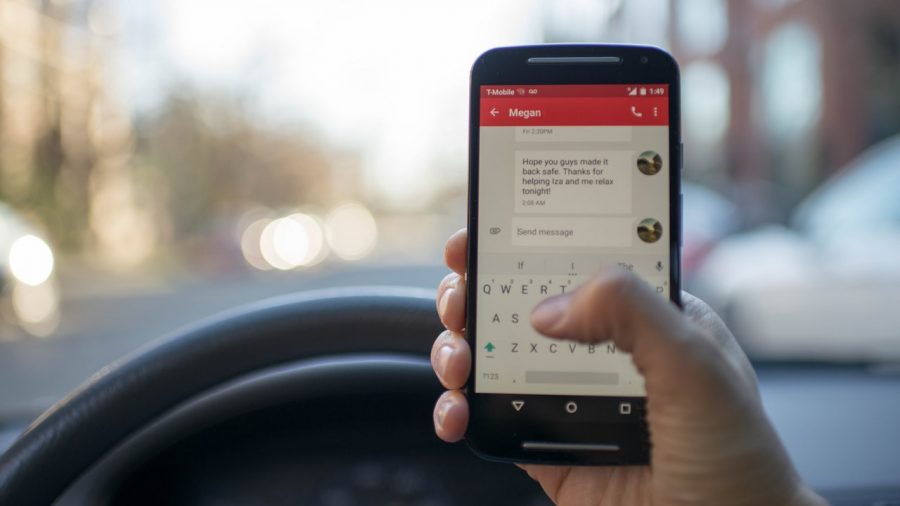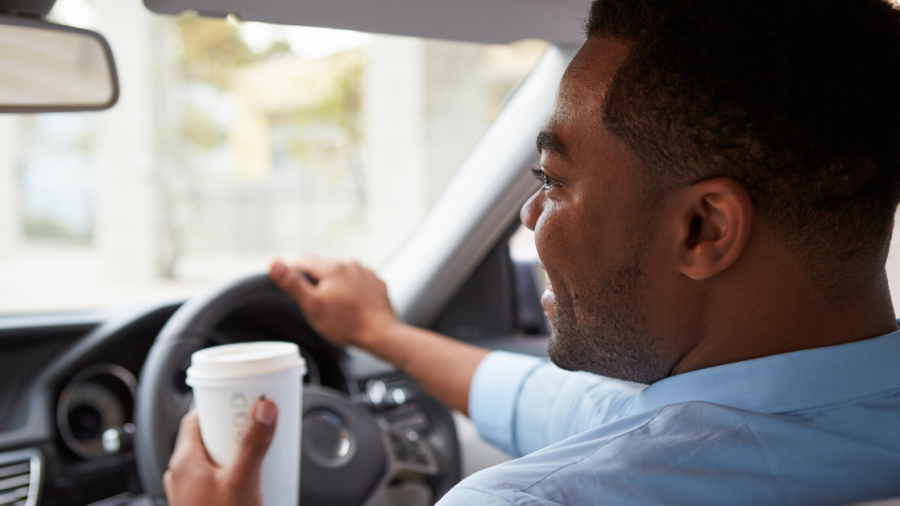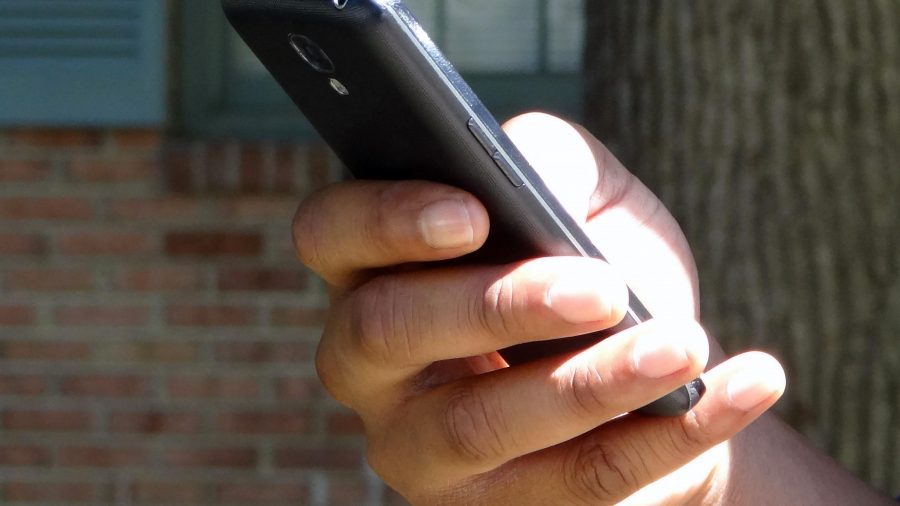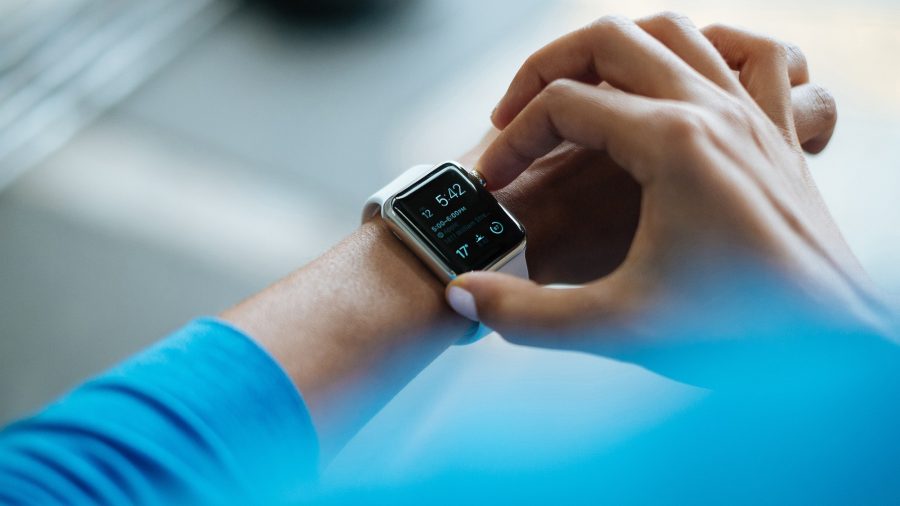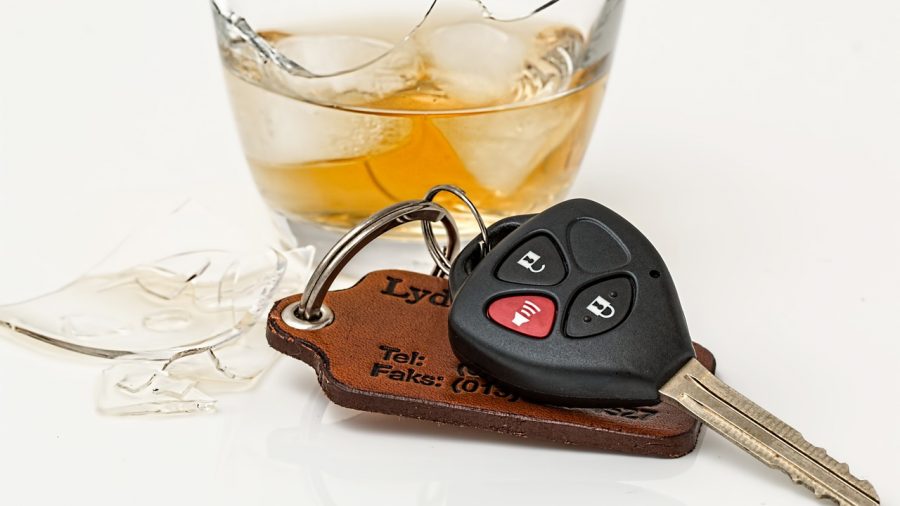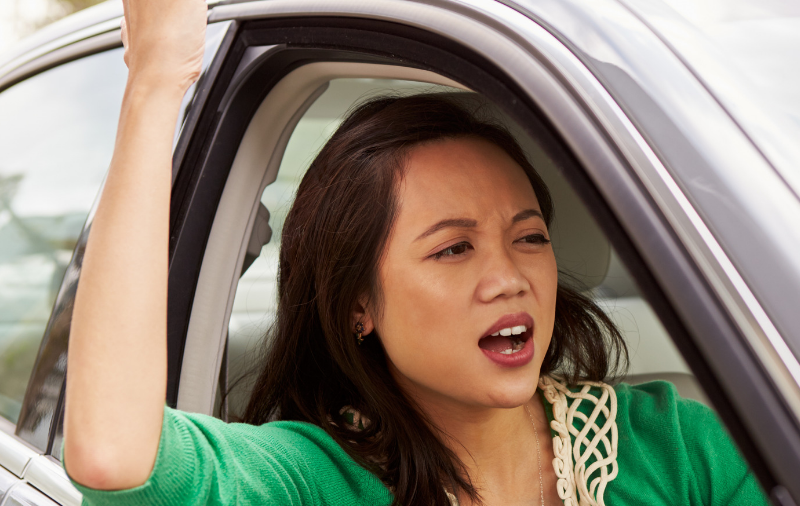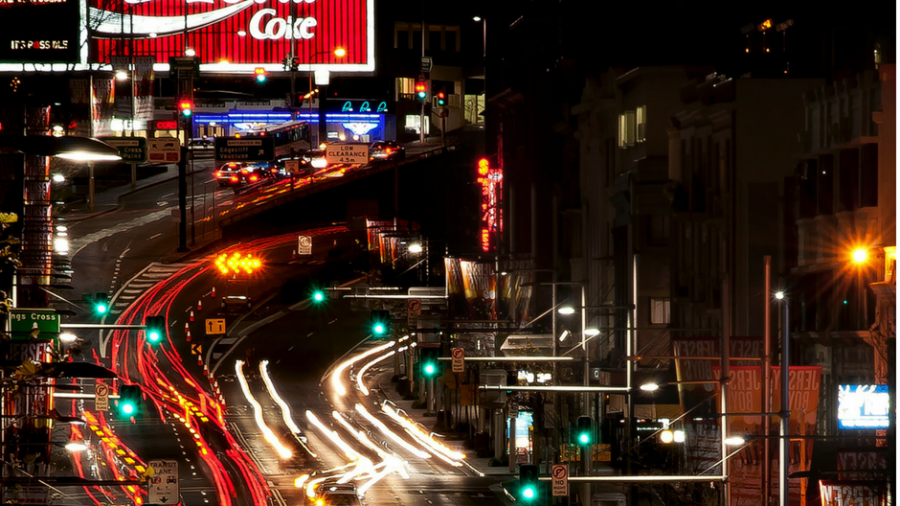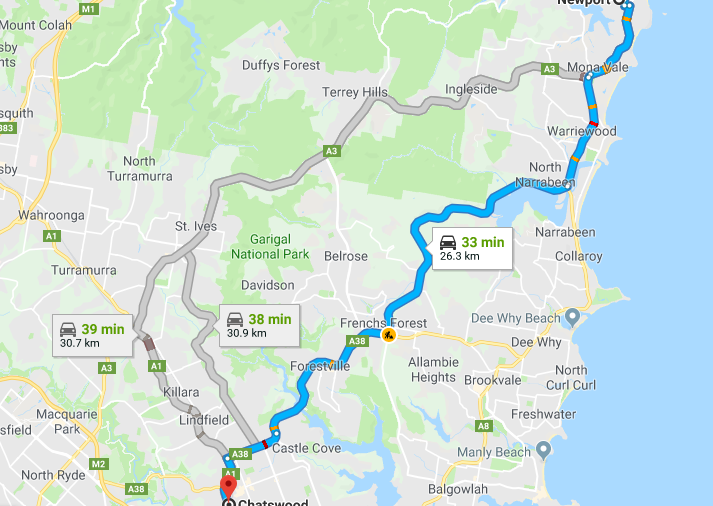Have you ever felt anxious when you heard a phone alert while driving? Do you have a fear of missing out (FOMO)? Do you agree it’s dangerous for others to use their phones while driving but you can do it safely? You’re in good company. Nearly 19% of drivers are on the phone while on the road. Read More
